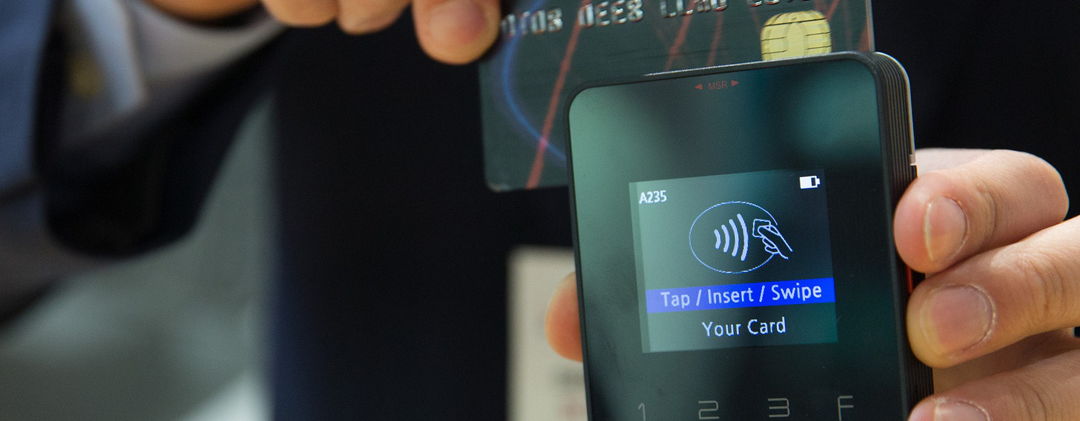By MATT OLBERDING | LINCOLN JOURNAL STAR
Published September 30, 2015
Starting Thursday, you might notice a slightly different procedure when you use your credit card at a retailer.
That’s the day the credit card industry has set for requiring card companies to issue credit cards with chips in them — called EMV cards after their makers, Europay, MasterCard and Visa — and retailers to have machines to read those cards.
Though it’s not a legal requirement, it could mean financial headaches for retailers who don’t comply. Traditionally, card companies have accepted liability for fraudulent credit card transactions. But starting Thursday, retailers could be on the hook if they don’t upgrade to machines that can read the chip cards.
How much of a headache it will be is debatable.
“I think the Oct. 1 date has been overblown,” said Jim Otto, president of the Nebraska Retail Federation.
He noted that many retailers have not upgraded their equipment and many card companies have not issued the new cards.
An August survey done by Harbortouch, a maker of point-of-sale technology, found that 54 percent of people had not been issued new cards yet. Another survey done in September by Software Advice(http://www.softwareadvice.com/retail/) suggested that number might be as high as two-thirds. Card companies that don’t issue the new cards retain liability for any fraudulent transactions.
Otto said the liability risk remains small for most retailers that delay in upgrading their card-reading machines.
“The odds of them getting stuck with anything significant are very slim,” he said.
The purpose of the changes is to reduce fraud, including the type of fraud suspected in an ATM skimming operation uncovered in Lincoln last week. Credit card fraud in the U.S. was estimated at $32 billion in 2014. In Europe, where EMV cards have been used for nearly 20 years, credit card fraud is nearly non-existent.
Many large retailers, such as Target, Wal-Mart and Walgreens, already have upgraded to new readers and may already be using them. However, many small retailers have not. The Software Advice survey found that less than one in four small retailers has installed new credit card readers, which require shoppers to insert their chip-enabled card into the machine rather than quickly swiping it.
One that has is Wright’s Jewelers in Lincoln.
Tom Wright, who along with his wife, Mary, owns the store, bought a new credit card terminal weeks ago, but he said he’s had trouble getting his credit card processor to upgrade the software he needs to run it.
“Just this morning I spent an hour trying to get the card company to activate it,” Wright said Tuesday.
He found out he would need three hours to download the software, something that would require the system to be offline, so he planned to do it Tuesday night after the store closed.
Wright said he’d rather get out in front than find himself stuck with liability for a fraudulent credit card transaction, which at his store could total thousands of dollars.
“After there’s a fraud is not the time I want to find out (who’s liable),” he said. “I would rather err on the side of being oversecured.”
While Thursday is the date set for retail stores to start complying, other businesses have more time. Automatic teller machines will have to be compliant by the fall of 2016, while card readers at gas pumps will have to be compliant by sometime in 2017.
Reach the writer at 402-473-2647 or molberding@journalstar.com. On Twitter @LincolnBizBuzz.

